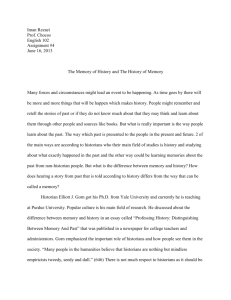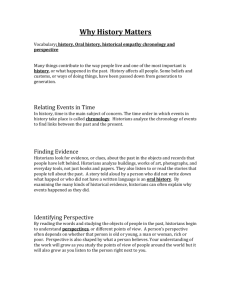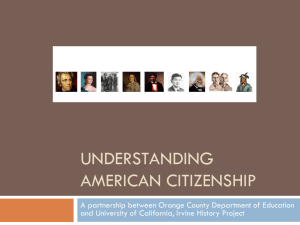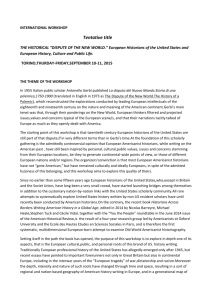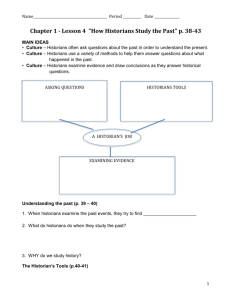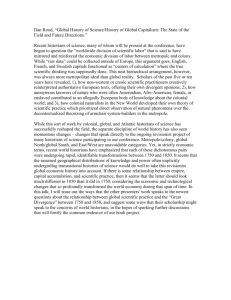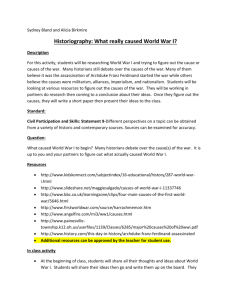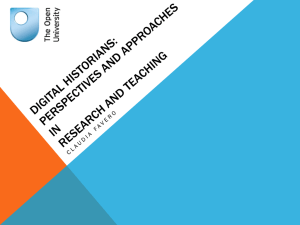Access and Assessment: A Cross-over View on
advertisement
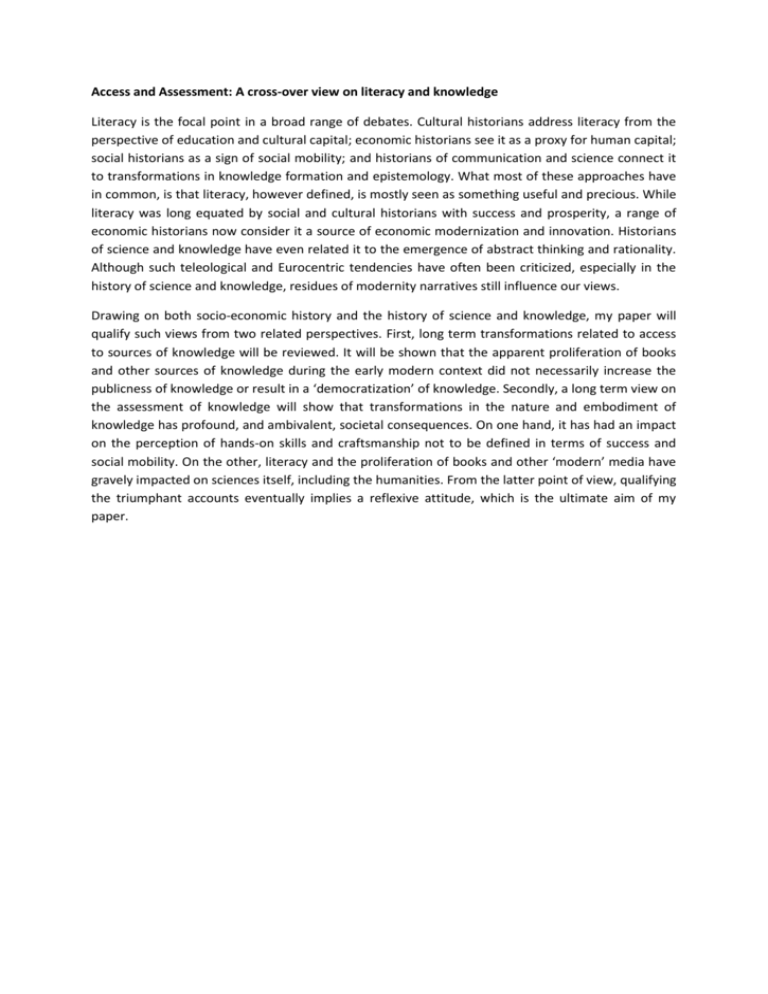
Access and Assessment: A cross-over view on literacy and knowledge Literacy is the focal point in a broad range of debates. Cultural historians address literacy from the perspective of education and cultural capital; economic historians see it as a proxy for human capital; social historians as a sign of social mobility; and historians of communication and science connect it to transformations in knowledge formation and epistemology. What most of these approaches have in common, is that literacy, however defined, is mostly seen as something useful and precious. While literacy was long equated by social and cultural historians with success and prosperity, a range of economic historians now consider it a source of economic modernization and innovation. Historians of science and knowledge have even related it to the emergence of abstract thinking and rationality. Although such teleological and Eurocentric tendencies have often been criticized, especially in the history of science and knowledge, residues of modernity narratives still influence our views. Drawing on both socio-economic history and the history of science and knowledge, my paper will qualify such views from two related perspectives. First, long term transformations related to access to sources of knowledge will be reviewed. It will be shown that the apparent proliferation of books and other sources of knowledge during the early modern context did not necessarily increase the publicness of knowledge or result in a ‘democratization’ of knowledge. Secondly, a long term view on the assessment of knowledge will show that transformations in the nature and embodiment of knowledge has profound, and ambivalent, societal consequences. On one hand, it has had an impact on the perception of hands-on skills and craftsmanship not to be defined in terms of success and social mobility. On the other, literacy and the proliferation of books and other ‘modern’ media have gravely impacted on sciences itself, including the humanities. From the latter point of view, qualifying the triumphant accounts eventually implies a reflexive attitude, which is the ultimate aim of my paper.




